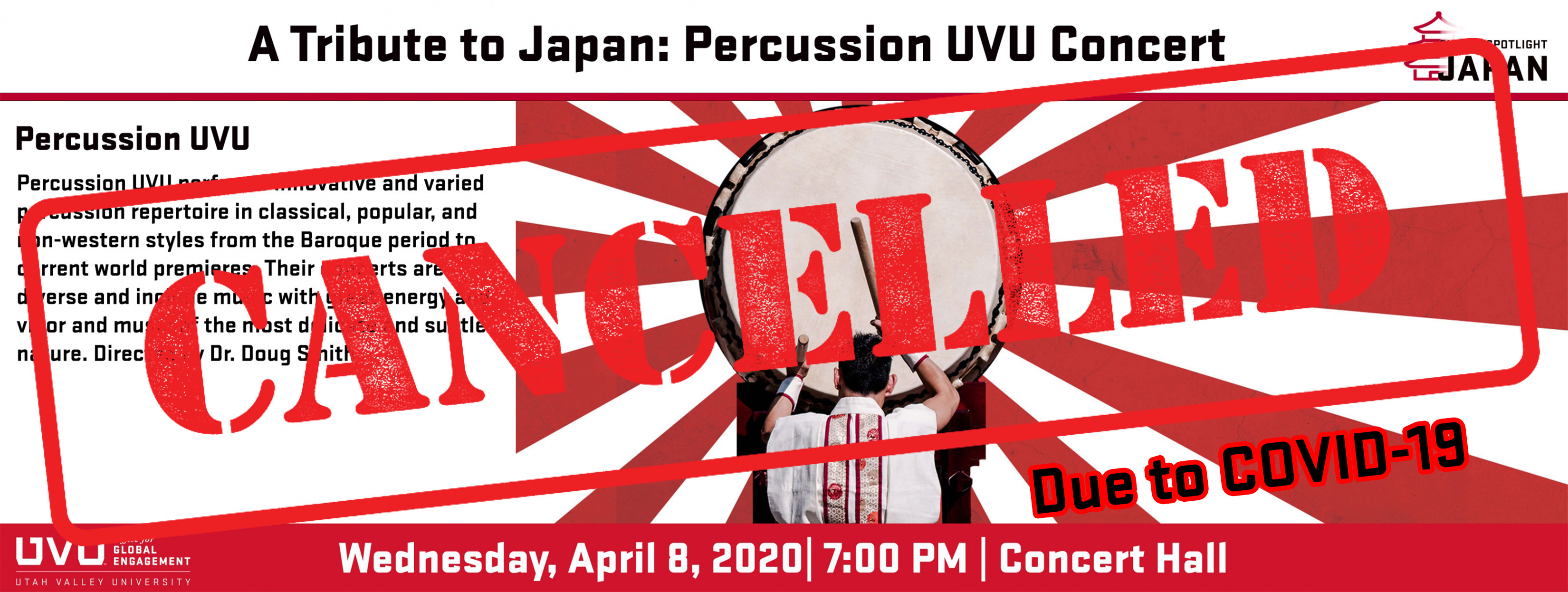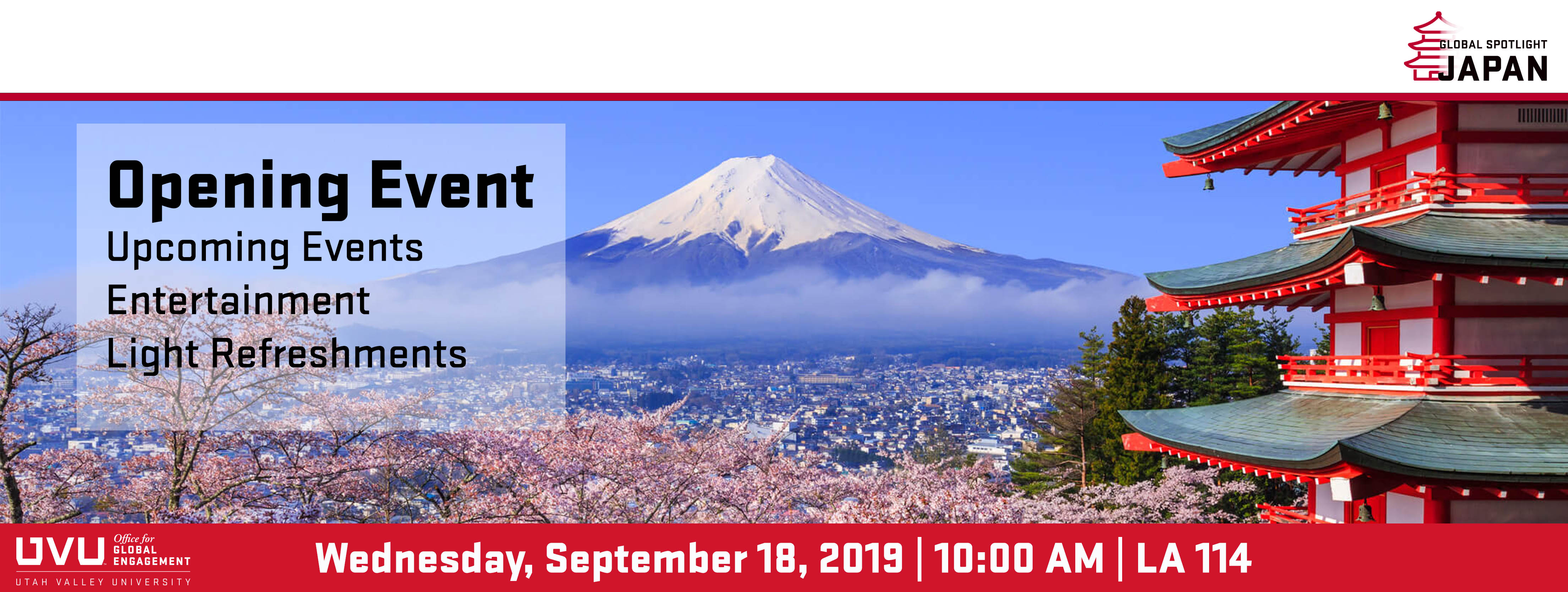
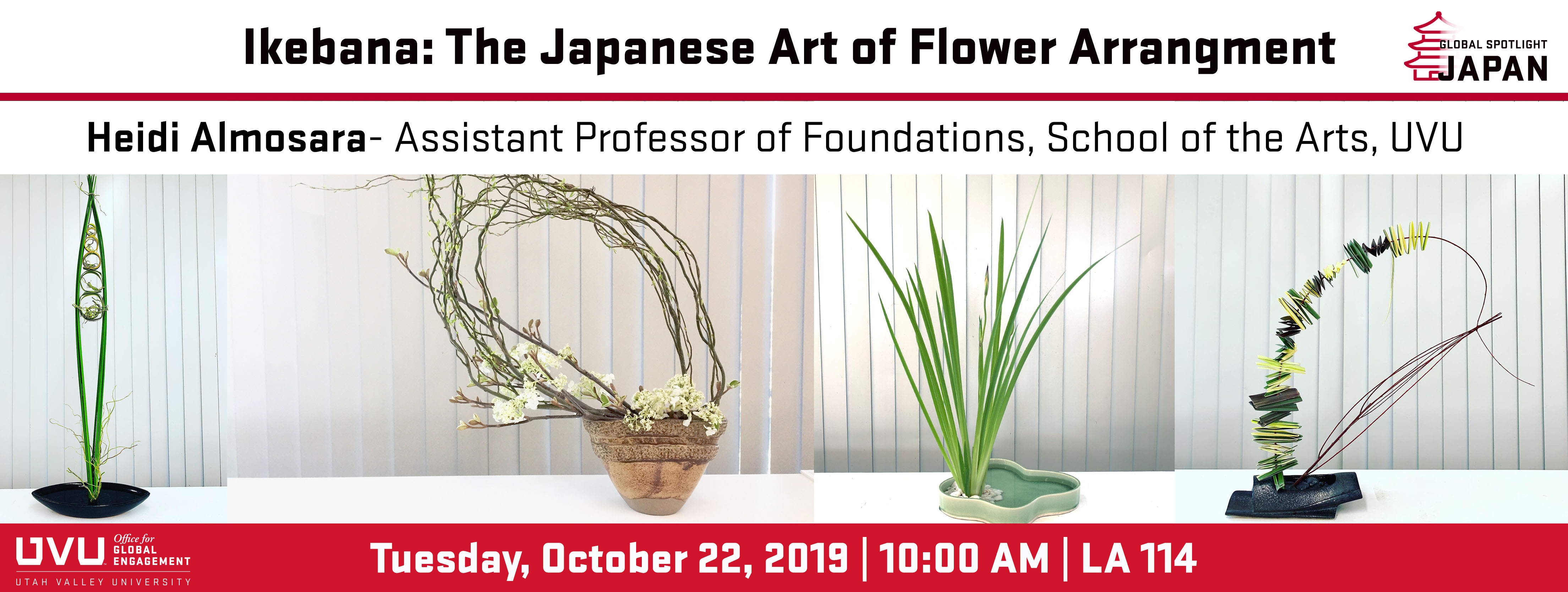
Heidi Almosara
She is a visual artist and full time faculty member in the Art & Design Department at UVU. She received her B.F.A. from Texas Christian University and an M.A. and M.F.A. from the University of Dallas in Texas. Since receiving her masters, she has taught at several colleges and universities and has had over a decade of teaching experience. Heidi specializes in screenprinting and actively exhibits internationally. She has had exhibitions in the continental US, including Alaska and Hawaii, as well as, but not limited to, Russia, Peru, Japan, New Zealand, Finland, Taiwan, and Guatemala. Before coming to UVU, she lived abroad in Japan for 3 years. While in Japan, she studied at the Sogetsu Foundation in Tokyo and learned the art of Sogetsu ikebana – the Japanese art form of flower arranging. She completed the required 5 levels of study to receive a teachers certification in this special art form and was awarded the Teacher’s Diploma 4th Grade from the Sogetsu Foundation. Ikebana has become Heidi’s primary source for inspiration and has greatly transformed her artwork.
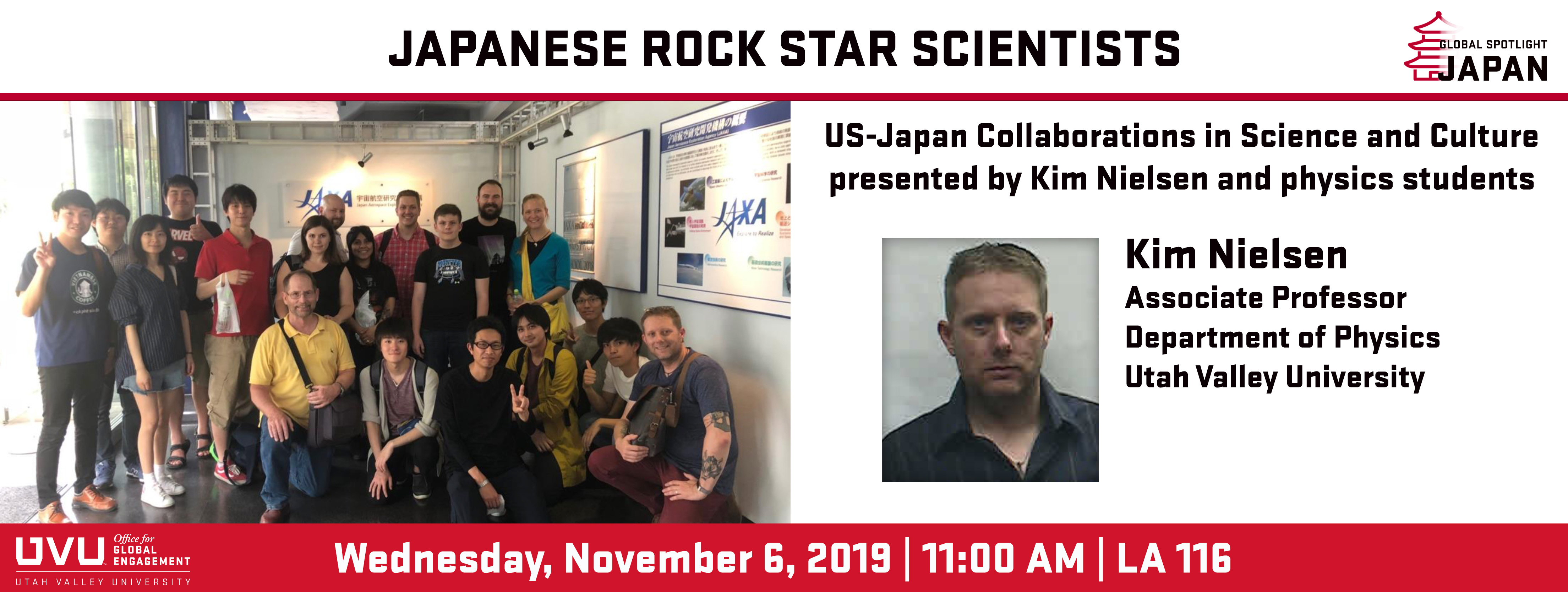
Kim Nielsen
Prof. Nielsen was born and raised in Denmark, where he received a B.S. in Physics from University of Copenhagen, Denmark. A one-year visit to University of Alaska, Fairbanks, transcended into a four-year stay an a M.S. in Physics. Eager to see another part of the US, he attended Utah State University where he received his Ph.D. in Physics. After graduation, he was selected as a postdoctoral fellow at the Naval Research Laboratory in Washington, DC., before moving to Boulder, Colorado as a research scientist. After working on NSF and NASA projects, he made his best career move and joined the UVU Department of Physics in 2012. Prof. Nielsen specializes in energy transfer through wave and particle dynamics in the atmosphere and near-space environment, and works closely with students and collaborators in Japan.

Presentation by Jon Smith
Date and Time: Tuesday, February 4, 2020; 11:00 AM Location: LA 116 - Center for Global Engagement
Abstract: While horror narratives have long been part of Japanese folklore and mythology, the
horror genre within Japanese cinema did not solidify until after World War II. Instead,
horror cinema took root within the national traumas of the war, the Allied occupation,
and the subsequent radical transformations in government, economy, and cultural mores.
In particular, 1950s landmarks like Godzilla and Ugetsu revised different myth and
folk narratives to address contemporary concerns through innovative new forms of cinematic
expression. Japan’s radical and tumultuous transformation continued through the second
half of the 20th-century, giving rise to new cultural divisions. Within this social
context, Japanese horror cinema offers some of the most urgent, compelling, and artistically
innovative genre cinema ever created. These films not only push the boundaries of
content and form, but they also represent a frequently sophisticated appropriation
of traditional folktales, as well as formal components of traditions like Kabuki and
Noh theater. In many respects, the modern Japanese horror film is a modern folktale,
proliferating within an increasingly complex technological and multicultural landscape,
an ever-expanding field of anxiety and fear that shows no sign of abating.
Bio:
Jonathan Smith has an MA in Comparative Studies in the Humanities from BYU. Since
2016, he has been an adjunct instructor at UVU since 2016. Areas of specialization
and study include horror & Gothic cinema and literature; theories of adaptation, and
film genres; German cinema of the Weimar Republic and the New German Cinema; and British
Romanticism. His own independent work within the arts includes film, photography,
and writing. He currently also works at the Main branch of the Salt Lake City Library.

This UVU Global Spotlight: Japan event is held in collaboration with Sasakawa Peace
Foundation USA’s The Alliance Working in America (TAWA) program, which seeks to engage
regional leaders and audiences across the United States on the importance of U.S.-Japan
relations to U.S. regional and national interests.
Time: 10am
Location: Fulton Library Room FL120
More information here: https://www.uvu.edu/global/global-spotlight/utjpconf.html
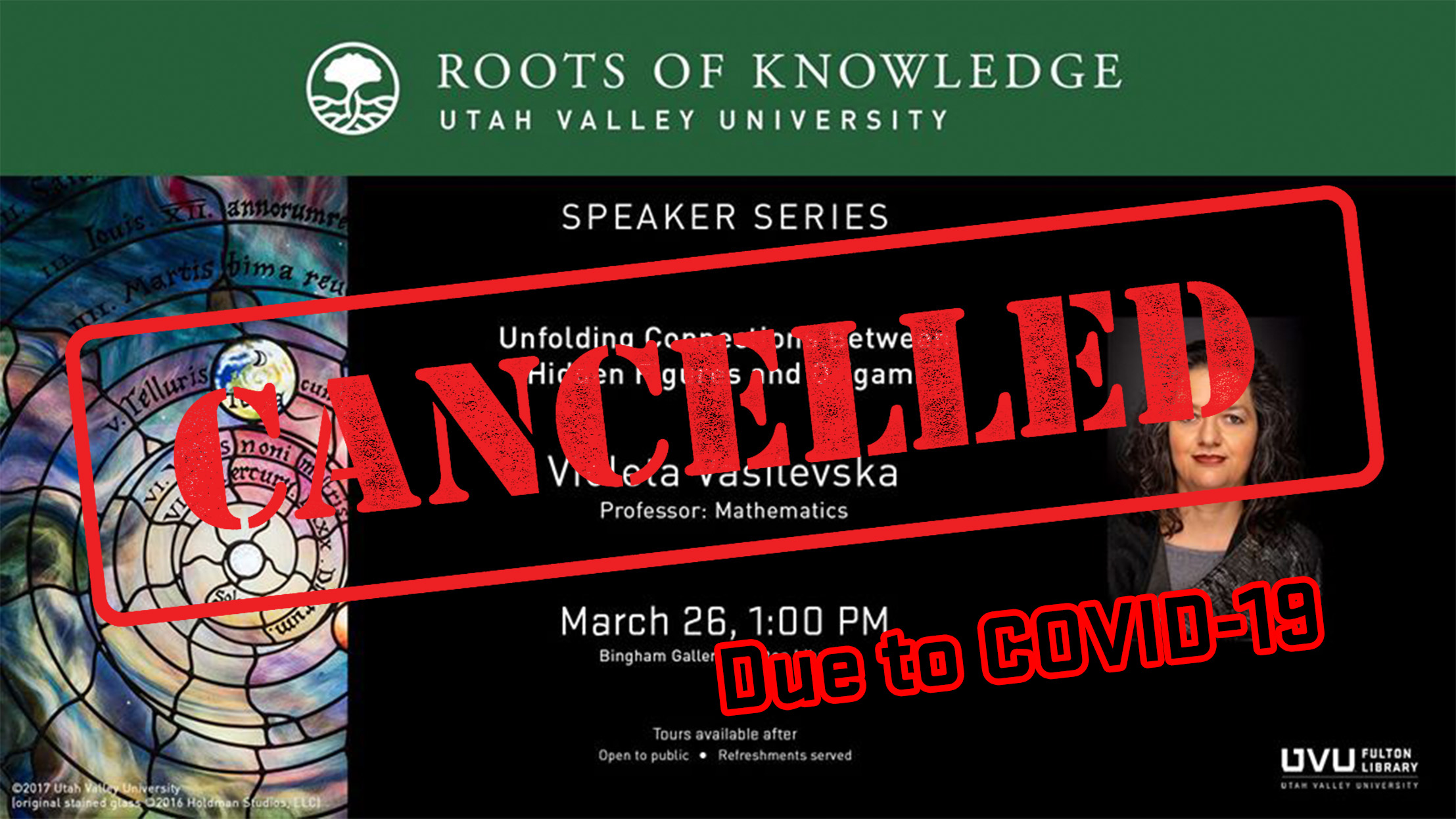
Hidden Figures is a 2016 American movie about forgotten African American women who helped win the space race. Origami is an ancient art of paper folding, that can result
in complex, beautiful, and eye-catching paper designs. The presentation will discuss
the math behind the movie and the amazing Origami folds, and in addition, will draw
connections between the movie, Origami, and space.
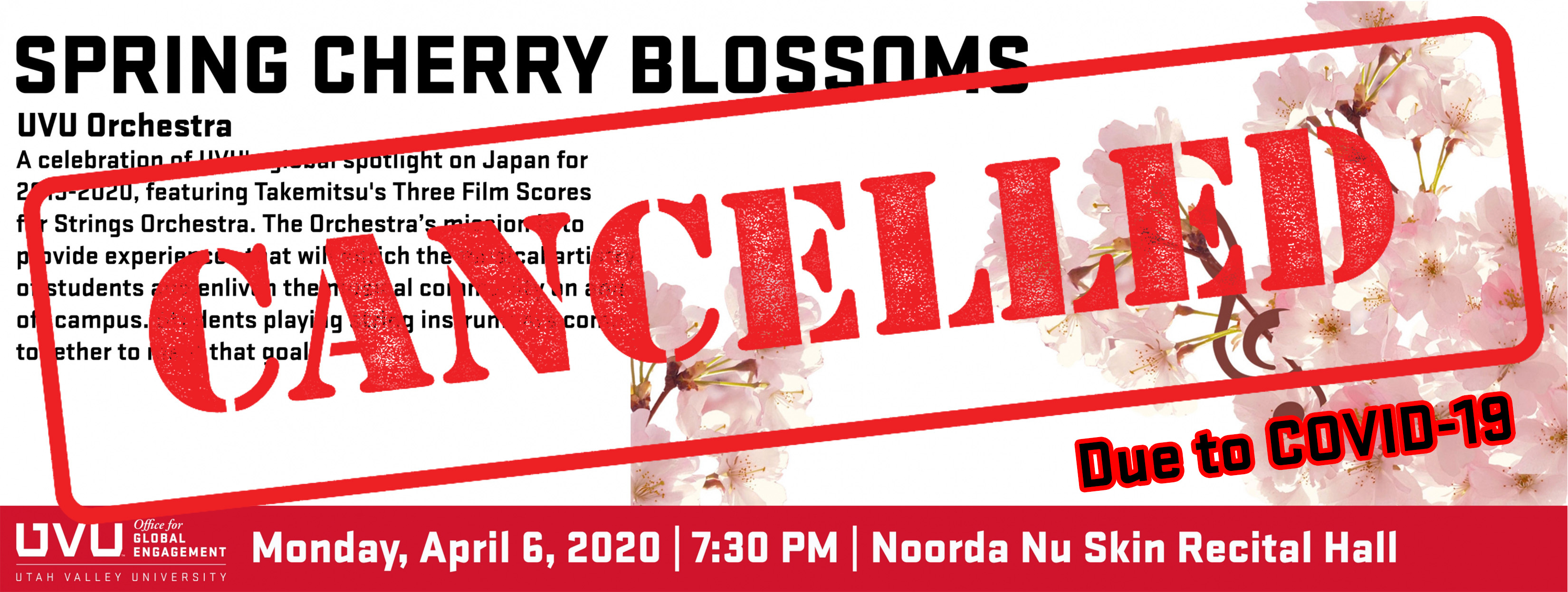
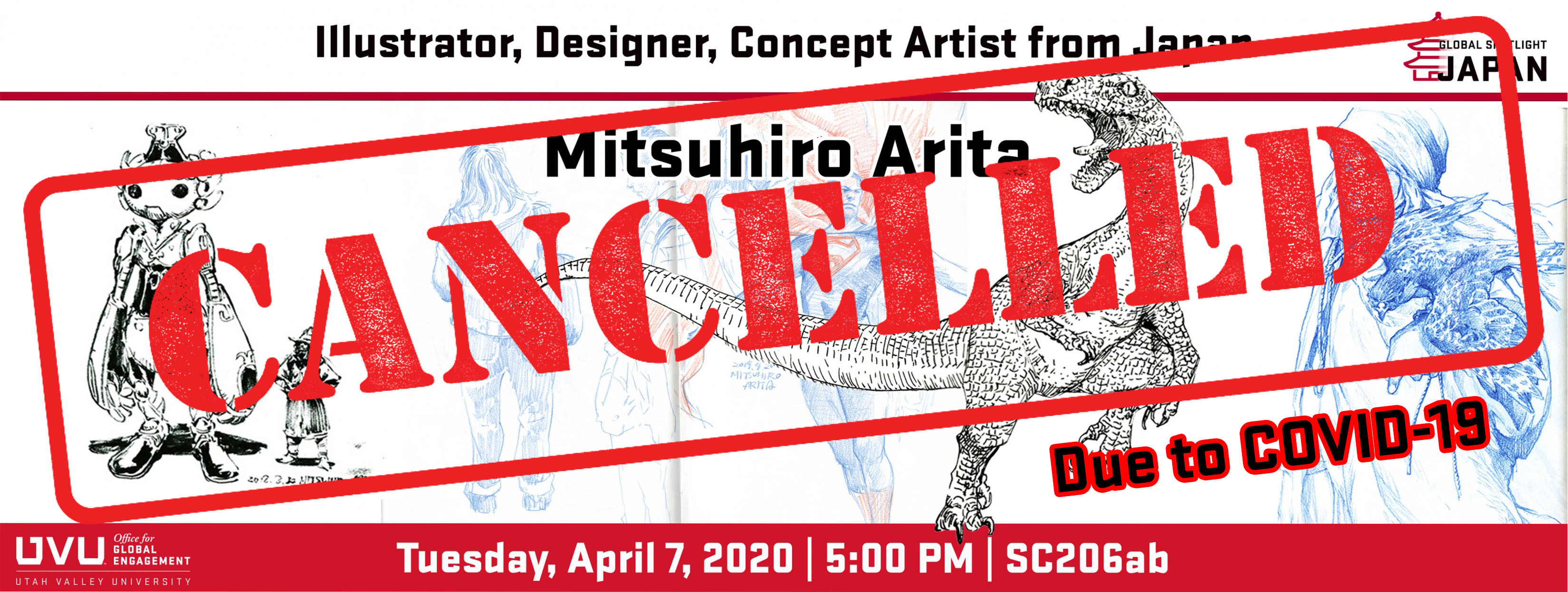
The event on April 7 with Mr. Mitsuhiro Arita is from 5-7pm in SC 206ab. Mr. Arita
will discuss the importance of how to bring power to the characters through the use
of background art to express the drama and emotion of the characters. Enjoy a live
drawing demo with an introduction and Q&A session followed by a free autograph session
(limited to one item per person — must be addressed. Please note that he cannot draw
Pokémon characters due to Intellectual Property Rights).
Mitsuhiro Arita (有田満弘) is a freelance illustrator, designer, and concept artist who has been providing artwork
for Final Fantasy XI & XIV, Berserk: The Golden Age Arc, Pokemon Trading Card Game,
etc. He has been creating artwork for the Pokémon Trading Card Game since its inception.
Known for having illustrated more than 500 Pokémon cards, this makes him the most
prolific illustrator of Pokémon history.
